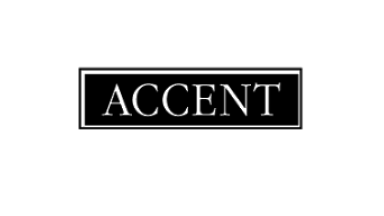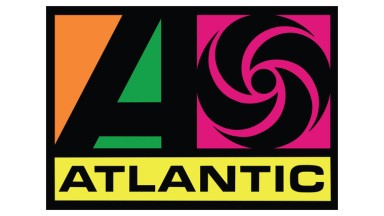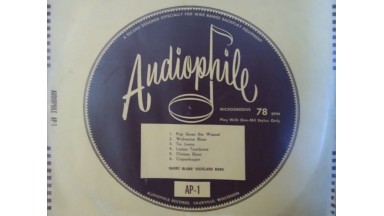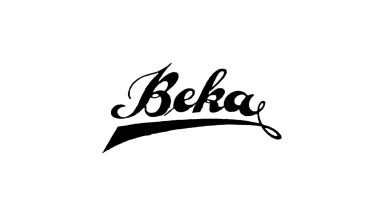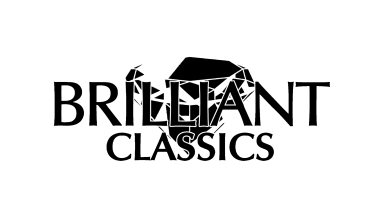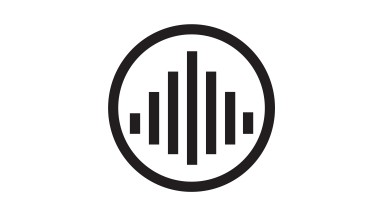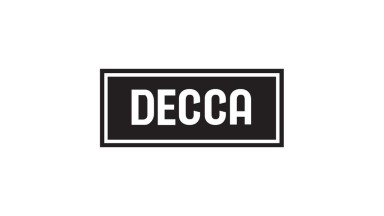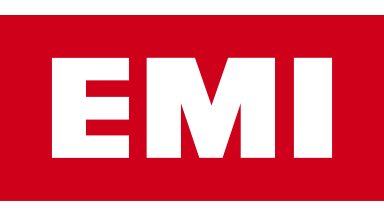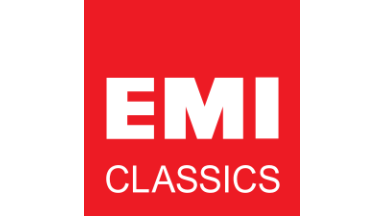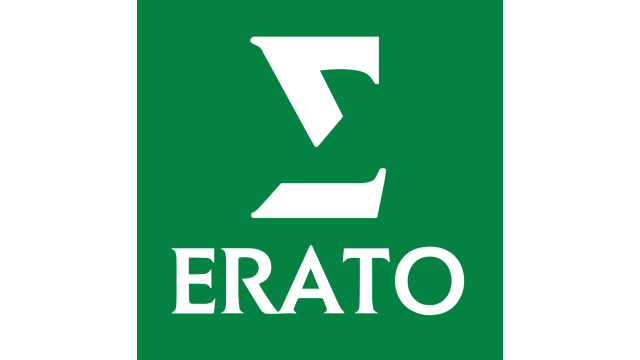
Erato Records, the famous record label of hight fidelity sound
Paris  France
France
The Erato label (named after the Greek muse of lyric poetry) is a label created to promote French classical music, founded in 1953 as Erato Disques S.A. by Philippe Loury.
Loury directed the Costallat music publishers. His first releases in France were authorised by the Haydn Society of Boston, and he made Erato's first recording in January 1953: Marc-Antoine Charpentier's Te Deum with Les Jeunesses Muslcales.
Thinking to repeat this success, Philippe Loury hired a young student, Michel Garcin, to make other recordings of works unknown to the general public. But financial resources were minimal, so in June 1953 Michel Garcin asked a fellow student at the Conservatoire, Jean-François Paillard, to record 18th century French works with the small ensemble he had just formed.
The stylistic result was a revelation to the world of music lovers. Jean-François Paillard was invited to make two further recordings in 1953, one with his first violinist, Huguette Fernandez, and the other with a young trumpet player studying at the Conservatoire, a certain Maurice André. The following year, it was the young Marie-Claire Alain who recorded unpublished works by J.S. Bach: the company quickly established itself as a major producer.
Michel Garcin quickly set about creating a highly original catalogue, focusing on baroque and French music, a repertoire neglected by the other companies of the time.
The participation of exceptional artists such as Maurice André, Marie-Claire Alain, Jean-Pierre Rampal, Pierre Pierlot, Lily Laskine, Paul Hongne and others enabled the company to gain an international audience.
Ten years after its foundation, Erato possessed the most extensive catalogue of the baroque period, with recordings of chamber music works (with the French Wind Quintet, the Ensemble baroque de Paris and the Rampal/Veyron-Lacroix duo), complete works for organ (J. S. Bach by Marie-Claire Alain and J. S. Bach by Marie-Claire Alain), and complete works for organ (J. S. Bach by Marie-Claire Alain). S. Bach by Marie-Claire Alain), for harpsichord (with Suzana Ruzickova and Robert Veyron-Lacroix), a multitude of German (Bach, Telemann, etc.), Italian (Vivaldi, Torelli, etc.) or French concertos with Jean-François Paillard, or vocal works with Fritz Werner and Stéphane Caillat.
In the mid-1960s, the involvement of the Swiss Michel Corboz and the Italian Claudio Scimone enabled Erato to make a name for itself in the field of vocal music, especially sacred music, with Charpentier (a large number of world premieres), Monteverdi and Italian music, especially Vivaldi. These works are performed on modern instruments.
The label recorded and released on three occasions the organ works of the German composer Johann Sebastian Bach, performed by the famous French organist Marie-Claire Alain.
Erato released recordings of Domenico Scarlatti's keyboard sonatas, performed by harpsichordist Scott Ross in 1988 in a set of 34 CDs.
French contemporary music is the company's second priority. Michel Garcin has been credited with supporting contemporary creation by recording, often as world premieres, works by Francis Poulenc, Olivier Messiaen, Maurice Duruflé and Henri Dutilleux. No other record company has done so much for 20th century French music.
The company's national role is worth remembering. Michel Garcin constantly encouraged French musicians during this first decade, enabling French wind players (Maurice André, Georges Barboteu, Jean-Pierre Rampal, Pierre Pierlot, Jacques Lancelot and Paul Hongne), among others, to make their playing known and to develop an appreciation of purely French sonorities that were soon to be admired in Europe, the United States and Japan.
The recording of Johann Sebastian Bach's Brandenburg Concertos for the company's 20th anniversary in 1973 marked the high point of the company. For this recording, conductor Jean-François Paillard counted on all the stars of Erato: M. André, P. Pierlot, J. Chambon, P. Hongne, J.-P. Rampal, A. Marion, G. Jarry, B. Fonteny. Unanimous critical acclaim has left little room for other versions: to this day, it is the best-selling version in the history of recordings1. After 1975, the arrival of a new generation of lesser-known artists and the move to a very expensive opera production weakened the company financially. The procrastination surrounding the baroque movement did not help Erato's renaissance either, and sales stagnated.
The following decade was difficult for the company, with the departure of Philippe Loury in 1980, despite the explosion of the CD market. Under the impetus of its new director, Daniel Toscan du Plantier, and then Frédéric Sichler, Erato decided to reorient its publishing activities by trying to compete with the major international labels in its own field, that of expensive prestige productions. In vain. Some undeniable artistic successes, albeit too few, did not prevent the decline, especially as it precipitated the departure of the virtuosos who had financially supported the company, among them Jean-François Paillard, Maurice André and Jean-Pierre Rampal. Erato's share of the French classical record market fell drastically, from 13% in 1975 to 8% in 1990. Financial difficulties (which led to a reduction in the number of recordings to 45 per year in 1984), combined with the consolidation of the recording industry, led to Erato losing its independence, and in 1992 it became part of Warner Music. By then, the company's sales had fallen to just 60 million francs, down from 71 million francs four years earlier.
Some good productions with Scott Ross, Marc Minkowski, William Christie, John Eliot Gardiner and Ton Koopman, as well as Susan Graham, José Cura, Nikolaï Luganski and Hélène Grimaud, were not enough to save the company.
In 1992 Erato became part of Warner Bros. Records.
In 1999 Erato launched a subsidiary, Detour Records.
In 2001, Warner was forced to close the company.
Erato produced 2,560 recordings.
